Introduction:
Picture this: you’re knee-deep in a Docker build, caffeine levels dwindling, when a cryptic warning flashes across your terminal—“WARN: FromAsCasing: ‘as’ and ‘FROM’ Keywords’ Casing Do Not Match.” Suddenly, your seamless deployment dreams feel hijacked by a syntax gremlin. But wait—this isn’t a horror story. It’s a quirk of Docker’s case sensitivity,a quiet gotcha that trips even seasoned developers.
In the world of declarative DevOps, Dockerfiles are the blueprints of consistency. Yet, sometimes, a lowercase “as” clashes with an uppercase ”FROM,” and the result is a polite-but-annoying warning that whispers, “You might want to fix this… eventually.” But why does it happen? And does it realy matter?
This article unpacks the anatomy of this subtle dockerfile hiccup, explores why casing rules split hairs between warnings and errors, and serves up clean, actionable fixes to ensure your builds stay as smooth as your morning espresso. Let’s tame that casing inconsistency—one capital letter at a time.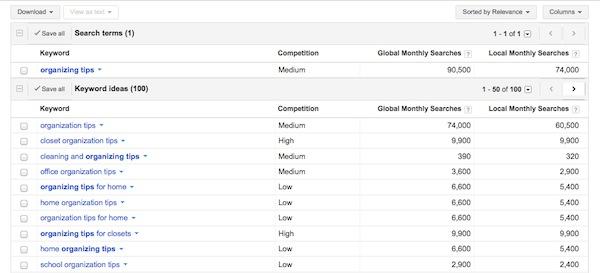
Understanding the AS and FROM Keyword Casing Warning in Dockerfiles
When Docker flags a WARN: FromAsCasing message, it’s alerting you to inconsistent capitalization of the FROM and AS keywords in multi-stage builds. Dockerfile syntax treats these keywords as case-insensitive but enforces stylistic consistency to avoid confusion. For example, mixing lowercase from with uppercase AS violates Docker’s recommended conventions, even if the build succeeds.Correcting this ensures your code aligns with community standards and maintains readability.
- Common Triggers: Writing
From … as instead ofFROM … AS. - Swift Fix: Use uppercase for both keywords throughout the Dockerfile.
- Hidden Risk: Ignoring warnings may lead to unexpected behavior in case-sensitive build environments.
While the warning doesn’t halt the build, it’s a signal to refine your code quality.Below is a comparison of valid and invalid usages using Docker’s expected casing:
| Valid Syntax | Invalid Syntax |
|---|---|
FROM node:20 AS builder |
From python:3.9 as runner |
FROM --platform=linux/amd64 base |
from alpine:latest AS final |
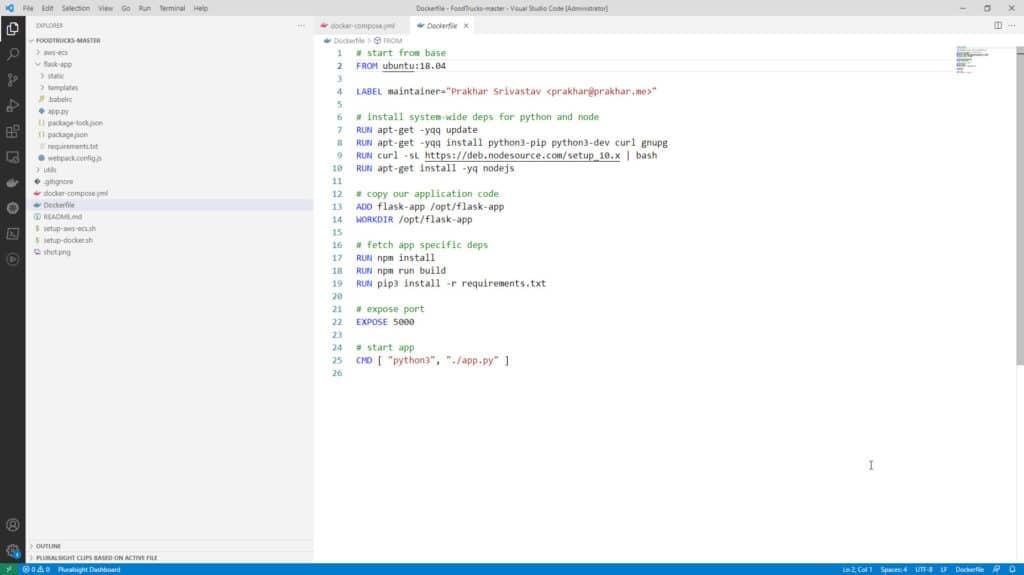
The Role of Syntax Consistency in Dockerfile Build Processes
In dockerfile construction, syntax consistency isn’t just about aesthetics—it’s a foundational pillar for reliable builds. The warning FromAsCasing highlights a common pitfall: mismatched casing between the FROM keyword and its optional as alias. While Docker treats FROM as case-insensitive, the as modifier is strictly lowercase. Failing to align these creates ambiguity, triggering warnings that hint at deeper issues. Such as:
- Valid:
FROM python:3.9-slim AS builder - Invalid:
FROM python:3.9-slim As builder
Adopting a standardized format minimizes cognitive load and ensures compatibility across teams. Consider these practices:
| Practice | Impact |
|---|---|
Uppercase FROM |
Improves keyword visibility |
Lowercase as |
Avoids parser conflicts |
| Consistent indentation | Enhances readability |
Ignoring such warnings may seem harmless, but it risks cascading issues in multi-stage builds or automated pipelines.Tools like hadolint flag these inconsistencies early, preventing subtle errors during image creation. Syntax uniformity also fosters collaboration—when every team member adheres to the same conventions, debugging becomes faster, and onboarding smoother. In a world where containers power critical infrastructure,even minor deviations can amplify technical debt over time.
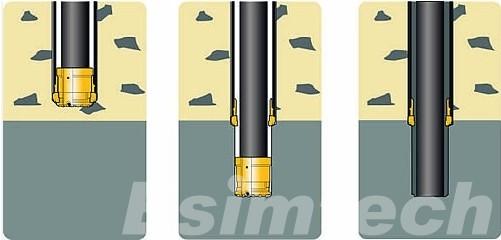
Strategies to Resolve Mismatched Casing for AS and FROM Directives
When encountering the WARN: FromAsCasing error in dockerfiles, the root cause often lies in inconsistent capitalization of directives like AS and FROM. Docker’s parser expects these keywords in uppercase, but mixed casing (e.g., From or as) triggers warnings. To resolve this:
- Standardize keyword casing: Rewrite directives to use
FROMandASexclusively in uppercase. - Leverage linter tools: Use
hadolintor IDE plugins to automatically detect and fix casing discrepancies. - Adopt naming conventions: Ensure build-stage aliases follow lowercase or snake_case to avoid confusion with directives.
| Approach | Tools/Examples | Benefit |
|---|---|---|
| Manual Correction | Text editors, Docker docs | Immediate control |
| Automated Fixes | hadolint, CI/CD pipelines |
Prevent future errors |
Integrate casing checks into your CI/CD workflow to catch mismatches early. Such as, configure a Git pre-commit hook with a shell script that scans Dockerfiles using grep -iE '^s*(from|as)s+' to flag non-uppercase instances. Editors like VS Code with Docker extensions can also highlight warnings in real-time,streamlining debugging. Consistency in directive casing ensures compatibility across Docker versions and reduces build-time surprises.
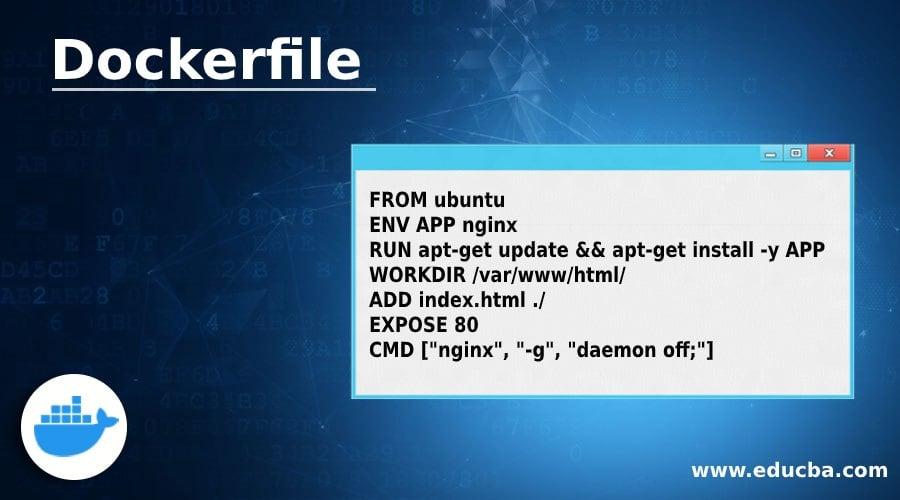
Implementing Best Practices to Prevent Dockerfile Syntax Pitfalls
Dockerfile syntax may seem forgiving until inconsistent casing triggers unexpected warnings like FromAsCasing. These alerts highlight mismatches between the uppercase FROM keyword and the lowercase as in multi-stage builds. To avoid this, enforce uniformity:
- Always use uppercase directives (e.g.,
FROM,RUN) for clarity. - Keep the
askeyword lowercase to align with Docker’s parser expectations. - Leverage linters like hadolint to automate casing checks.
- Version-control your Dockerfile with standardized templates to minimize human error.
| Pitfall | solution | Impact |
|---|---|---|
Mixed-case FROM |
uppercase all directives | Prevents parser confusion |
Uppercase AS |
Use lowercase as |
Avoids build warnings |
| Missing linter setup | Integrate Hadolint CI/CD | Automates syntax checks |
Beyond casing, structuring your Dockerfile with modularity reduces complexity. Break multi-stage builds into logical segments, and label stages meaningfully (e.g., builder, runtime). Pair this with explicit base image tags (alpine:3.19 vs. alpine) to eliminate ambiguity. Remember: a clean syntax isn’t just about resolving warnings—it’s about crafting images that scale securely.
Key Takeaways
Outro:
As the digital gears of your Docker engine hum back to harmony, remember this: even the smallest syntax quirks can steer your code into rough waters.the dance between uppercase FROM and lowercase as is more than a stylistic choice—it’s a silent pact with Docker’s logic, a nod to precision in a world built on binaries. Let this be a gentle reminder that in the realm of containers, every character carries weight. So next time a warning flickers on your screen, greet it not as a foe, but as a cryptic ally, guiding you toward cleaner builds and sharper solutions. Keep coding, keep refining, and let those casing conundrums fade into the rearview of your dev journey.🐳✨

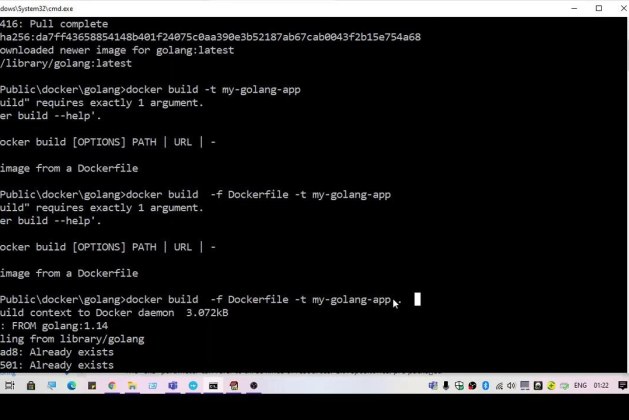


Leave a comment